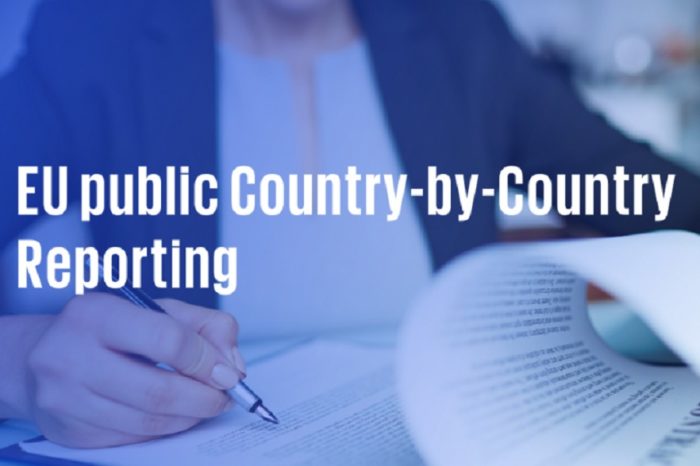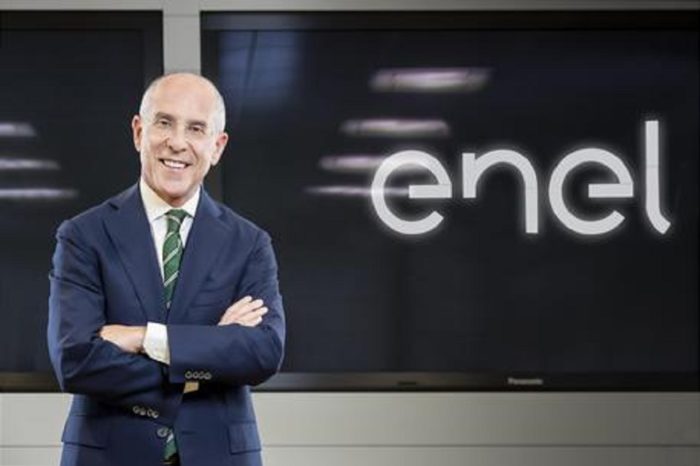Survey of Mazars: Global compliance source of opportunity: builds trust and business reputation

- Majority of businesses see compliance as an opportunity creator that can build trust and reputation, rather than just an obligation.
- Business leaders invest significant time in compliance: three-quarters have top executives/board members engage in compliance functions at least quarterly.
- Over half of respondents (51%) expect compliance requirements to become more difficult to meet in the future and therefore plan to invest in technology (machine learning/AI) and skills to keep up.
- Four-fifths of businesses (82%) are confident they are meeting compliance requirements today – and will continue to in the future.
- Regions and countries expressed a broadly consistent sentiment, with some outliers identified.
Mazars, the international audit, tax and advisory firm, launched the ‘Unlocking trust: why global compliance is on the business agenda’ study. Based on a survey of 892 senior accounting and tax compliance professionals working in multinational companies from 25 countries, the study highlights the opportunities and risks associated with compliance now and in the future.
Opportunity to create value
Compliance leaders tend to see compliance as an opportunity creator rather than just an obligation: 58% agree with this view. The opportunities compliance presents are significant: to create trust, bolster confidence and build reputation. Valuable prizes are on offer for meeting compliance requirements: 65% feel good compliance increases investor confidence; 64% say it increases client/customer trust; 61% say it helps build a good reputation.
Businesses put senior effort into compliance
Three-quarters (75%) of businesses have their top executives or board address compliance on a quarterly basis or more (39% monthly). This engagement is most likely to be part of a pre-scheduled review of risks (50%), but is also often in pursuit of new insights or opportunities (44%).
Over half of businesses expect compliance requirements to become more difficult to meet in the future
In general, businesses confirm their attention and resources devoted to compliance lead to positive results: 82% are confident they are successfully meeting the requirements now and will continue to do so in the future. However, over half of them (51%) expect compliance to get harder in the next five years. It’s becoming more complex, legislation is changing fast, and COVID-19 will continue to cause disruption. Some 38% of respondents cite increasing complexity as one of the most significant challenges to compliance over the next five years the same amount cite impacts of the pandemic and 36% highlight new legislation. Brexit also presents some disruption to compliance but does not rank high on the list of challenges (23% globally cite it as a top challenge).
Leaders know falling short carries significant risks
Compliance leaders know the significant risks of falling short: 77% say their business has faced accounting and tax compliance related challenges in the last five years. These consequences most commonly include reputational damage, internal disciplinary action and fines.
The Romanian compliance landscape is constantly changing
No matter if a company is at the start of its journey or if it has already reached a mature level, Romania’s business and legal environment will impose various issues and obstacles upon their organisation’s compliance culture. In the past year and a half, many rules and regulations have changed and still continue to do so to ensure Romania’s market is in line with the European Union (EU) and international best practices, therefore, compliance needs to be a top priority for the executive team.
Whether we are talking about accounting systems, bookkeeping and accounting control for Romanian legal entities, preparation of tax returns required by the Romanian legislation or preparation of the annual financial statements in accordance with the Romanian Accounting Standards (RAS) and International Financial Reporting Standards (IFRS), every firm needs to have a compliance program put in place to ensure that all the requirements will be met.
Here, technology plays a very critical role, in terms of helping every compliance specialist with the constant visibility of compliance deadlines and the entire compliance process, complete oversight of compliance activities as well as providing them status reports to proactively manage and mitigate risk.
„Within the digital transformation strategy of Mazars, an important factor was tracking the fulfillment of the declarative obligations at the global level for the entities that are carrying out their activity in several countries. Thus, Mazars created inControl, a digital platform designed to ensure the transparency of the entire process of preparation, confirmation and submission of all accounting and tax reports to the authorities in the countries where the organisations operate. At the same time, the automated monitoring of their archival functions and the confirmation of their registration on the authorities’ platforms, with the help of virtual assistants, confirm the efficiency of these processes.”, mentioned Luminița Bornoiu, Partner, Head of Outsourcing, Mazars Romania.
Leaders to invest in technology, but also need to boost knowledge and skills
Technology (especially machine learning/artificial intelligence) and skills are the biggest planned investments in compliance: 45% say new accounting and tax compliance technology will be one of the biggest drivers of their function’s improved performance in five years’ time. However, they are held back by a lack of team knowledge and skills: two in five respondents (42%) feel this is a major obstacle to their team meeting compliance goals.
Broad regional consistency with some outliers
Regions and countries return broadly similar answers throughout the survey, but some outliers can be identified: 50% of leaders in Latin America review their compliance issues monthly or more, which is 11 points higher than the global average (39%), and they view compliance most strongly as an opportunity out of all the regions surveyed (65% vs 58%). Respondents in the US cite the biggest challenge to compliance as increased scrutiny from regulators – which does not feature in the top three challenges for all respondents. In addition, compliance leaders in the Africa-Middle East region, Latin America and the US, were especially challenged by the need to increase their resources dedicated to compliance in the last 12 months when compared to the survey average (78%, 71% and 78%, respectively, compared to 60% overall).
Erick Gillier, Partner, Global Head of Outsourcing, Mazars says: „Global compliance has long been a cornerstone of good business practice but can still be viewed by some as simply an obligation to be met rather than an opportunity to be capitalised on. That’s why we set out to uncover how business leaders approach global compliance, including the attention they devote to it, the returns they expect, the risks they anticipate, and where they focus investment. Our survey and study show when global compliance is done well it builds investor confidence, increases client and customer trust, and shapes a positive reputation with the outside world”.
Erick adds: „This survey and study demonstrate the clear sense of responsibility business leaders have towards compliance. With scrutiny on business as tight as ever, the findings that most leaders plan on increasing financial and human resources dedicated to compliance should be reassuring for anyone who wants to see good business done well”.


















